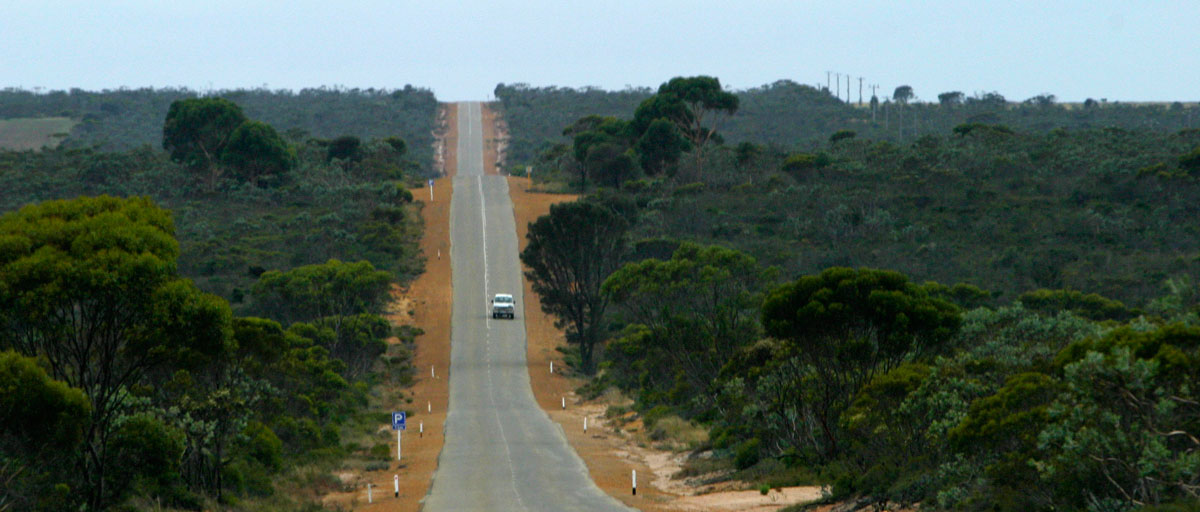
Australia
Environmental observations for environmental intelligence
Seminar with Greg Ayers, Australian Bureau of Meteorology, 31 January 2014
It is well recognised in Australia that the natural environment not only has its own intrinsic value, but is also essential to our well-being. In this context actions to address regional environmental protection challenges facing Australia have had a long history of development at the highest political levels through a cooperative federalism model involving all state and territory governments working with the Australian government. Historically the shared vision of these governmental processes has included the objective "to enhance social, human health, economic and environmental outcomes in a sustainable manner for current and future generations".
Careful management of landscapes, oceans, water, atmosphere and biodiversity is key to achieving that vision. To responsibly manage Australia's large bank of natural capital, comprehensive, trusted and timely environmental information is required. Underlying this information must be an environmental observation system that yields the data without which the "environmental intelligence" necessary for sound policy development, decision making and action will be impossible to generate.
To face this challenge the national Government in 2010 implemented a new initiative – the National Plan for Environmental Information. It aims to coordinate and prioritise the way the Australian Government collects, manages and uses environmental information in a long-term approach to building and improving our ability to generate "environmental intelligence", which can be thought of as our capacity to monitor, detect and predict change in the environment. This seminar will focus particularly on the crucial role played by certain real-time environmental observations as a basis for practical application of environmental intelligence in the interests of Australia.
About Greg Ayers
Greg Ayers served as Director of Meteorology and CEO of Australia's national Bureau of Meteorology until February 2012, having commenced in the role in May 2009. Previously he had been Chief of CSIRO Marine and Atmospheric Research as well as management of Australia’s Marine National Facility, the Southern Surveyor.
His scientific interests have been wide-ranging, stretching from polar atmospheric chemistry and ice core composition, to the roles of atmospheric particles and clouds in the climate system, to air pollution, atmospheric acidity, acid formation and acid deposition, and indoor air quality and human health.
Dr Ayers has been a member of numerous national and international committees and boards. He has served as a Board Member for the Cooperative Research Centre for Greenhouse Accounting, the Antarctic Climate and Ecosystems Cooperative Research Centre, the Western Australian Marine Science Institution, and as a Supervisory Committee member for the Centre for Australian Weather and Climate Research.
He has held a number of editorial positions and has made significant contributions to higher education in atmospheric sciences, having spent periods at the National Centre for Atmospheric Research in Colorado, the Department of Meteorology at Stockholm University, and the University of East Anglia at Norwich.
In 2006 he was elected a Fellow of the Academy of Technological Sciences and Engineering. He is also a Graduate of the Australian Institute of Company Directors.




